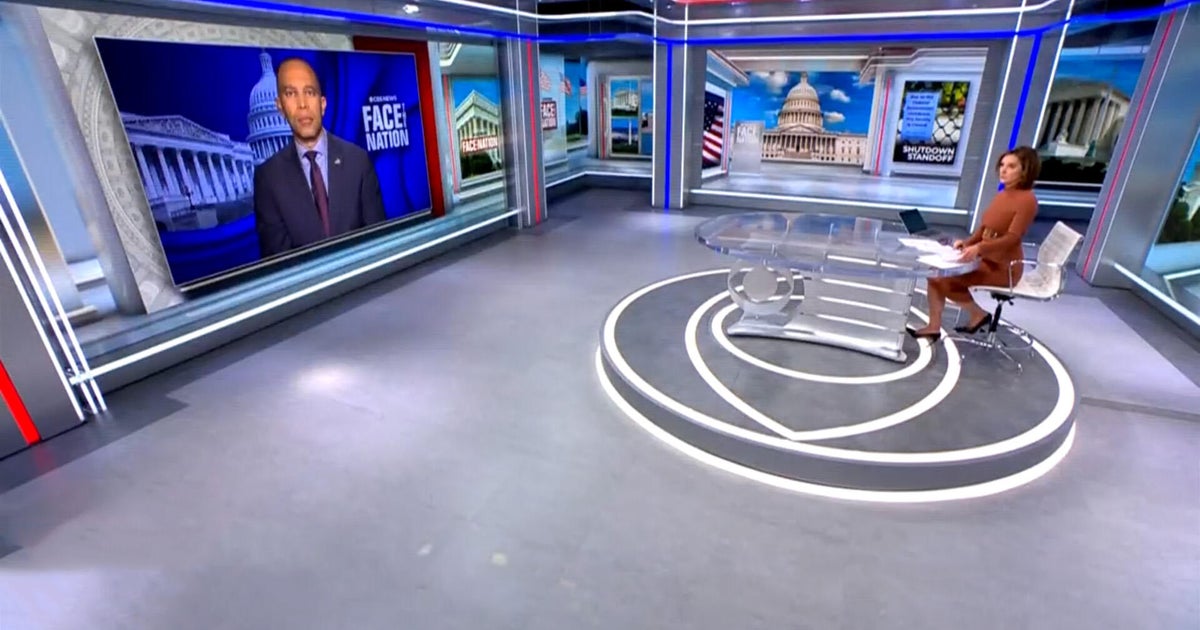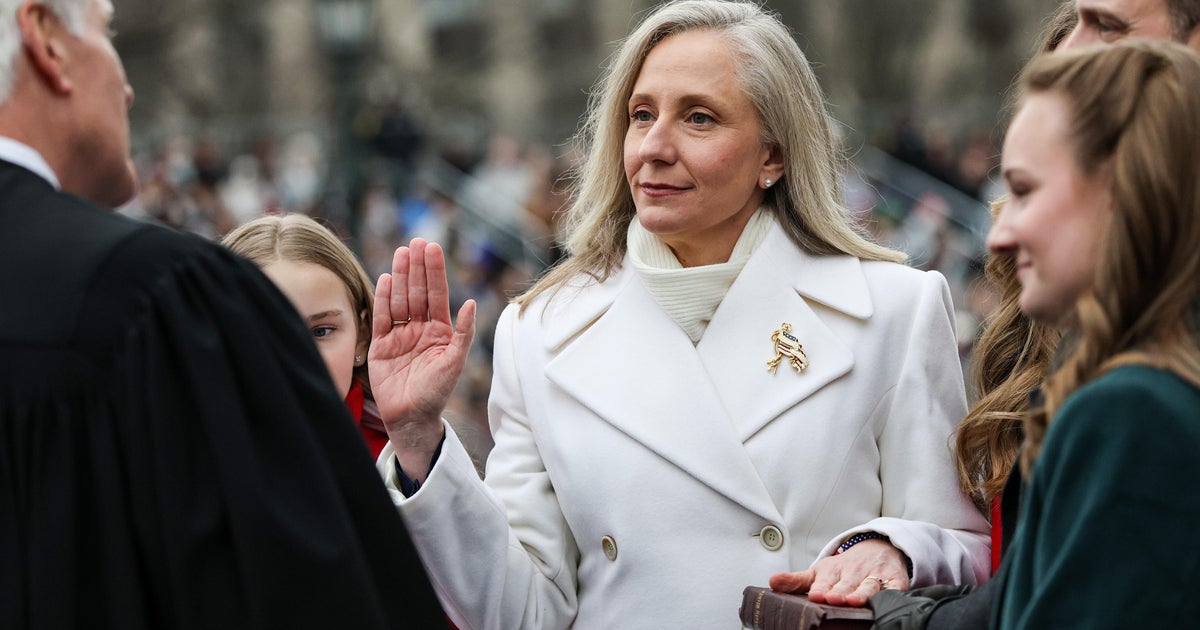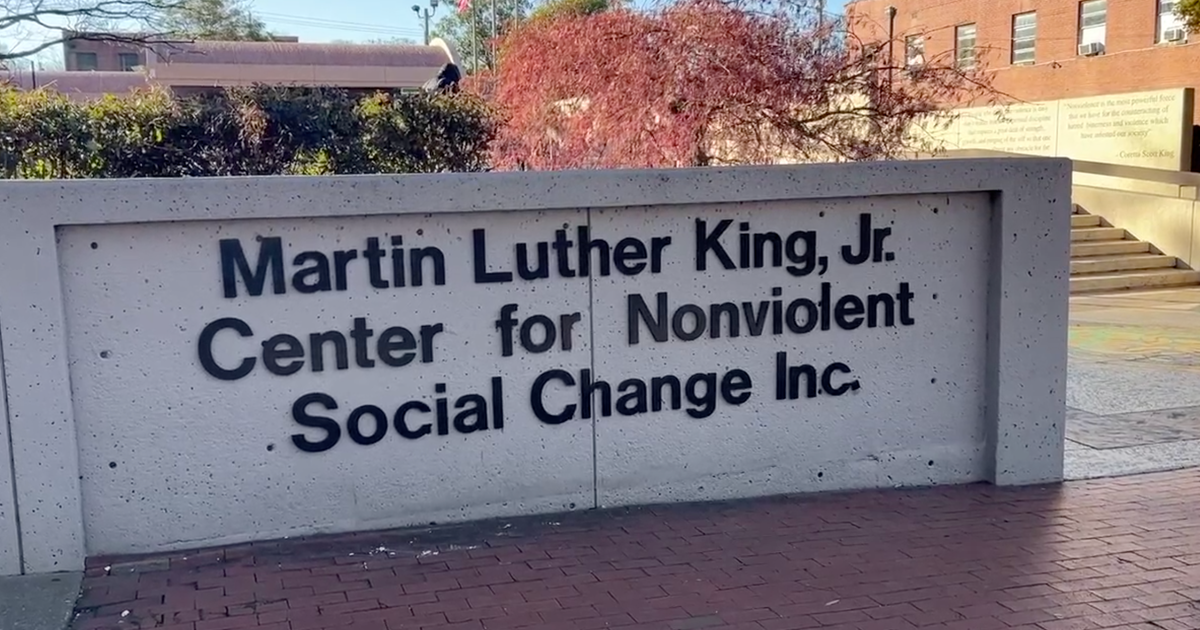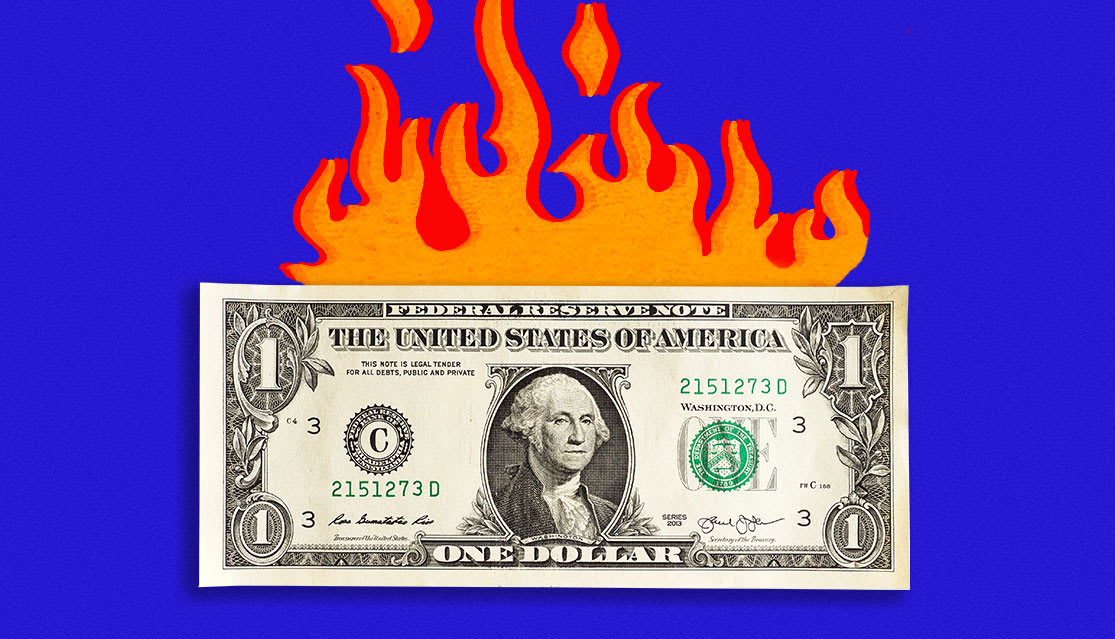Federal judge in Virginia rules 18-to-20-year-olds can't be prohibited from buying handguns
Washington — A federal judge in Virginia invalidated a set of federal restrictions that prohibit people under the age of 21 years old from purchasing a handgun from federally licensed firearm dealers, finding the rules violate the Second Amendment.
In a 65-page decision issued Wednesday, U.S. Senior District Judge Robert Payne ruled in favor of four men who are over the age of 18 but not yet 21 and want to purchase handguns. One of the men, John "Corey" Fraser, attempted to buy a Glock 19x handgun from a federal firearm licensed dealer in May 2022, but was denied the purchase because of his age.
The four men challenged federal laws and regulations from the Bureau of Alcohol, Tobacco, Firearms and Explosives that prohibit the sale of handguns by federally licensed dealers to prospective buyers ages 18 to 20, arguing it does not comport with the Second Amendment.
In his opinion, Payne applied the framework laid out by the Supreme Court in its opinion last June for determining whether firearms rules pass constitutional muster. Under that test, from the decision in New York State Rifle and Pistol Association v. Bruen, the government must demonstrate that gun restrictions are consistent with the nation's historical tradition of firearm regulation.
"Under the analytical framework established in Bruen, the government simply has not met its burden to support the finding that restrictions on the purchasing of firearms by 18-to-20-year-olds is part of our nation's history and tradition," Payne wrote, later concluding that because the statutes and regulations at the center of the dispute "are not consistent with our nation's history and tradition, they, therefore, cannot stand."
Payne noted that other rights enshrined in the Constitution, including the First, Fourth, Fifth, Eighth and Fourteenth Amendments "vest before the age of 21," and said no federal appellate court or the Supreme Court "has squarely determined that the Second Amendment's rights vest at age 21."
"If the court were to exclude 18-to-21-year olds from the Second Amendment's protection, it would impose limitations on the Second Amendment that do not exist with other constitutional guarantees," he said.
Payne continued: "The Second Amendment's protections apply to 18-to-20-year-olds. By adopting the Second Amendment, the people constrained both the hands of Congress and the courts to infringe upon this right by denying ordinary law-abiding citizens of this age the full enjoyment of the right to keep and bear arms unless the restriction is supported by the Nation's history. That is what Bruen tells us."
The Justice Department can appeal Payne's decision and ask for it to be put on hold while legal proceedings continue.
The opinion from Payne was met with swift criticism from Everytown Law, the litigation arm of Everytown for Gun Safety Support Fund. Everytown for Gun Safety filed a friend-of-the-court brief in support of the Biden administration's request that the case be dismissed.
"The federal law prohibiting federally-licensed firearms dealers from selling handguns to individuals under the age of 21 is not just an essential tool for preventing gun violence, it is also entirely constitutional," said Janet Carter, senior director of issues and appeals at Everytown Law, in a statement. "The Court's ruling will undoubtedly put lives at risk. It must be reversed."
The decision comes on the heels of a six-day span of fatal shootings beginning May 1: eight people were killed when a gunman opened fire at an outlet mall in Allen, Texas, one was killed in a shooting at a medical building in Atlanta, and six people were fatally shot in Henryetta, Oklahoma. Those deadly incidents came after four were shot and killed at a birthday party at a dance studio in Dadeville, Alabama, on April 15, five died in a shooting at a bank in Louisville on April 10, and six people, including three children, were fatally shot at a private Christian school in Nashville on March 27.
Payne's ruling is the latest knocking down gun restrictions in the wake of the Supreme Court's decision last summer, which invalidated New York's rules for obtaining a license to carry a concealed handgun outside the home.
A federal appeals court in March invalidated a nearly 30-year-old law that prohibits gun ownership by a person subject to a domestic-violence restraining order, finding that the U.S. government failed to meet its burden of showing that the law is "consistent with the nation's historical tradition of firearm regulation."
The Biden administration has appealed the decision in that case to the Supreme Court.





